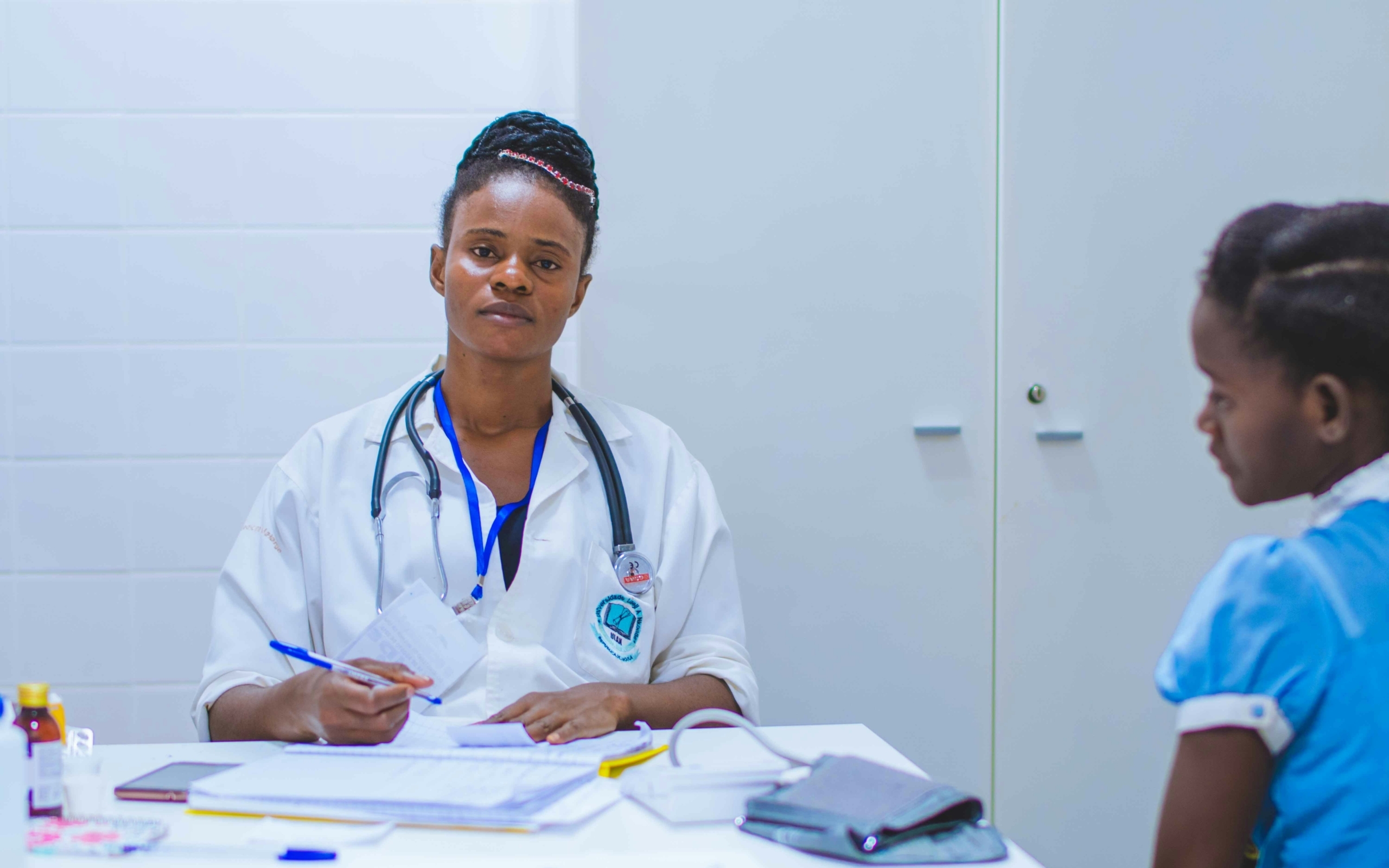Digitizing Salary Payment: Impacts of WHO’s Digital Health
 The World Health Organization (WHO) is actively working to enhance the conditions and motivation of African frontline health workers. Through digital innovation, the African health sector benefits from implementing financial technologies such as digitizing salary payment. It facilitates direct cashless income transfer to workers. They created bank accounts and digital bookkeeping collaborating with other Better Than Cash Alliance members, a partnership comprising 80 United Nations (U.N.) members.
The World Health Organization (WHO) is actively working to enhance the conditions and motivation of African frontline health workers. Through digital innovation, the African health sector benefits from implementing financial technologies such as digitizing salary payment. It facilitates direct cashless income transfer to workers. They created bank accounts and digital bookkeeping collaborating with other Better Than Cash Alliance members, a partnership comprising 80 United Nations (U.N.) members.
WHO has launched this initiative in 24 African countries, digitizing salary payment for more than two million health workers. Spearheaded by WHO’s Department of Digital Health, these payments ensure African frontline health workers’ steady and timely incomes. These innovations foster a cashless society and empower women to access and participate independently in the financial system, aligning with the U.N.’s Sustainable Development Goals.
Cashless Payment Facilitation
Cash payments for incomes have been deemed “Unwieldy” and represent the challenges in Africa. For instance, the physical handling of cash poses security risks for workers. There is a higher likelihood of salary discrepancies if manual counting methods are not rigorous. However, digital innovation is revolutionizing the African health sector by implementing mobile money systems. These systems have significantly accelerated the pace of payments to workers, offering numerous benefits. Previously, managers bore the burden of physically storing cash at payment sites and distributing funds to disbursement sites for employees to collect their salaries. This process often involved considerable time and effort for workers. With mobile money systems, workers can receive their payments in as little as 30 minutes after completing their work, streamlining the payment process and enhancing efficiency across the board.
Between 2014 and 2021, the global proportion of adults engaging in digital payments rose by 35%, reaching 57% in Sub-Saharan Africa. This surge has played a pivotal role in advancing financial inclusion in the region. The president of the World Bank Group underscores the importance of robust policies to facilitate access to formal accounts and financial services, particularly in the wake of challenges posed by the COVID-19 pandemic.
Digital Accounting
Digital innovation revolutionizes the African health sector by emphasizing digital payments, streamlining business operations and reducing cumbersome paperwork. Organizations, often managing payrolls with hundreds of employees, can now improve efficiency in payment verification and meticulous bookkeeping. Instead of manual calculations and record-keeping, systems automatically log transactions and swiftly generate precise accounting documents. However, achieving this efficiency requires comprehensive reform of the financial system as a whole within the nation. This entails innovating processes to automate manual tasks, integrating employee information seamlessly, verifying hours worked and implementing effective dispute-resolution mechanisms for payment-related issues.
Motivation Boost for Workers
Various programs have witnessed detrimental impacts on health services due to cash payments. For instance, in Côte d’Ivoire in 2019, delayed cash disbursements resulted in employee attrition and the postponement of a polio immunization project. Additionally, researchers identified disruptions in immunization patterns among recipients attributed to a lack of incentives for frontline health workers, including door-to-door vaccinators and campaign organizers.
According to the WHO, delayed and incomplete payments adversely affect the morale and satisfaction of frontline workers, leading to decreased motivation and challenges in retaining health campaign workers. However, digital innovation is transforming the African health sector. Through the World Health Organization’s Mobile Money digital payment system for health campaign workers, 99% of workers engaged in the polio immunization campaign in Mali and Ghana were paid on time, resulting in improved retention rates and successful program delivery across multiple districts.
Furthermore, the gender wage gap has narrowed as women gain greater autonomy and privacy over their financial affairs through advancements in digital finance. This progress promotes financial empowerment for women and fosters greater economic independence. Furthermore, digital innovation significantly enhances health care in Africa by improving the effectiveness and retention of health workers. These advancements yield notable results in critical health initiatives, such as immunization programs, ultimately contributing to improved health care outcomes across the continent.
– Tevin Mundo
Photo: Unsplash
